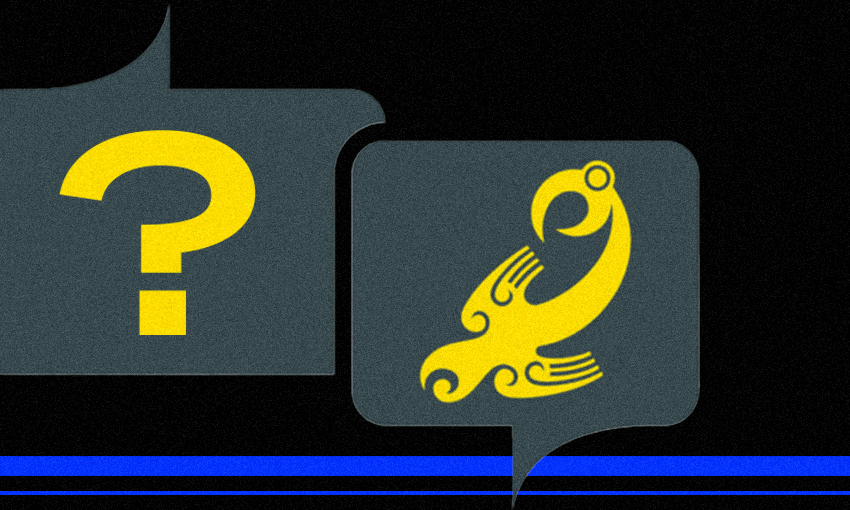Wayne Brown’s draft Auckland Council budget 2023 proposes cuts that will put the city’s 32 CAB offices at risk. A lawyer and expert on public access to legal services explains what that could mean.
The yellow and black symbol of the Citizens Advice Bureau (CAB) might be a familiar one, but what does CAB actually do? And why does the threatened funding cut to the Auckland CAB matter?
What does the CAB do?
The CAB basically is an organised and trained volunteer army – about 2,500 volunteers nationwide including around 800 in Auckland. They operate out of 80 locations across the motu, 32 of which are in Auckland. You can drop into one of these centres or get in touch other ways like email, social media, online chat and free-phone. CAB volunteers are from a wide range of backgrounds and receive initial and ongoing training. They act as a help point for anyone needing assistance with pretty much anything, whether providing information from the CAB database or putting the person in touch with the more specific help they need. Every time someone asks for help, the volunteer creates an anonymous record of the enquiry in a database, and a study I led drew on that database.
That study showed that people come to the CAB with all kinds of queries and problems. Sadly, one of their most frequent queries is about how to access food parcels, for example: “Client was referred to us by Plunket for a food parcel. She was specifically in need of baby formula.” Other queries are people just trying to navigate everyday life in a big place: “Client wanting to find a doctor to register with. Client lives in [location] and is having trouble finding one locally.”
CAB as legal help
But CAB is also – very importantly – one of our largest providers of legal help. They are not lawyers but in our study we estimated they help with about 84,000 legal problem enquiries each year, which works out to about 350 legal problem enquiries every day they are open. These cover the whole gamut of legal issues. The top three are consumer problems (like buying faulty goods), employment disputes, and rented housing problems. However, coming close behind in fifth is neighbourhood problems. That is important because no doubt one of the reasons that Auckland Council wants to stop funding CABs is that it thinks they are subsidising central government issues, not local ones. It is true that CABs deal with everything, but a fair chunk of the problems people come to them with are local in nature.
Neighbourhood problems involved things like boundary fences, drainage, trees, dogs (also pigs, bees, cats – you name it!), and noise. Problems of this nature are only set to increase in the aftermath of the floods, which will likely generate queries about drainage, washed-away fences, and dumped flood-damaged property. Our study also found that the council itself refers people to the CAB for help. Remember this is volunteer labour answering these queries, so any funding cuts mean the council will need to pay for its own employees to deal with problems.
But can’t we just do it all online?
Many of our government (local and central) services are now online. This is very convenient for those of us who spend most of our time plugged into a device and have lots of problem-solving confidence. However, those of us who do not have ready access to a device and internet, don’t speak English fluently or cannot read well (more of us than you might think) can’t use online services at all. Perhaps an even larger group do have some online access and skills to read information, but they need human reassurance and support along with the information. They want someone to tell them they have understood correctly, are being reasonable (or to have it pointed out they are being unreasonable). The reassurance provided by having human contact should not be under-estimated. Nor should the number of people who cannot use online services for all kinds of reasons. CABs provide this kind of back-up to online assistance.
As more services move online we will need more of the kind of support that CAB provides, not less. Conversations urgently need to be had between councils and central government about who funds these services, and how the burden should be shared. Keep in mind that this burden is considerably reduced by the fact they are a volunteer service supported by a substantial and long-standing infrastructure. We cannot afford to have the service damaged or everyone will suffer, including Auckland Council.



